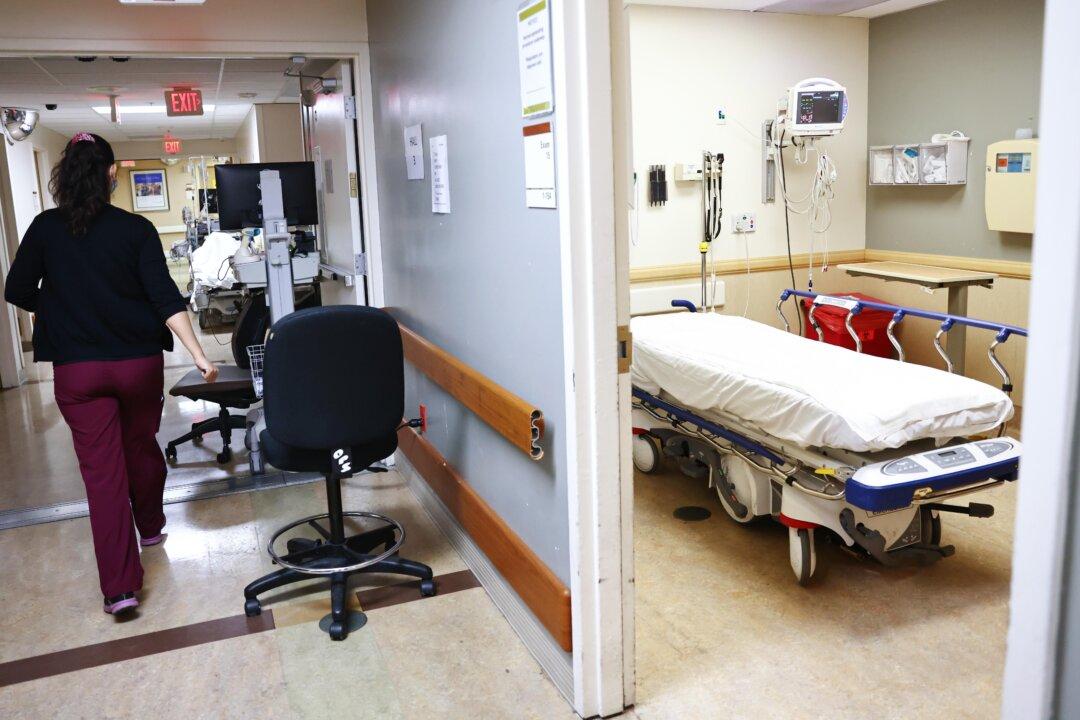Medicaid misspending exceeded $140 billion in 2019 and 2020, according to estimates by the relevant federal agency, Centers for Medicare and Medicaid Services (CMS), with the money often spent on services for people not eligible for the program or improperly overpaid to health care providers and insurance companies, several experts told The Epoch Times.
CMS is supposed to retrieve that money from states, although when a nonprofit foundation asked for information about those efforts, the agency didn’t respond. The nonprofit is now suing for the information.





